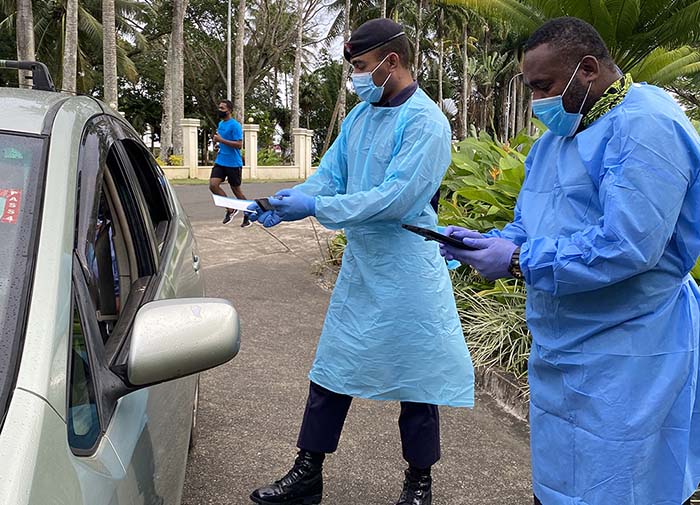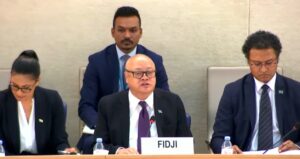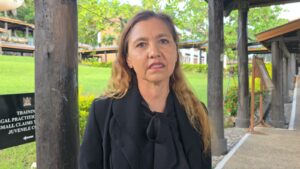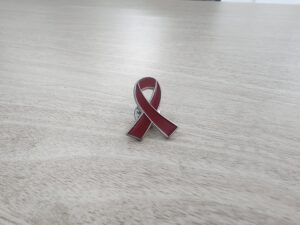Fiji’s Ministry of Health has embarked on a campaign to encourage fully vaccinated individuals to get booster vaccines to enhance their protection against COVID-19.
The ministry is reminding the public that immunity or the protection that someone derives from COVID-19 vaccination weakens over time.
This is particularly so after a primary series (two doses) of the AstraZeneca which the ministry says has been found to be “lower than that of other COVID-19 vaccine products, especially against the Omicron variant of concern.”
“The current noticeable increase in cases indicates an urgency to increase our efforts to increase booster dose coverage,” the ministry said.
New cases
As of 8am yesterday, Thursday 2 June, the ministry recorded 59 new cases, of which 24 were recorded on Tuesday, 31 May, and 16 on Wednesday 1 June.
In the previous update on 30 June, 66 new cases were reported in Fiji.
Booster Dose Coverage
Currently, Fiji has COVID-19 primary series coverage of 95% and booster dose coverage of 30% for 18 years and over.
“Based on this and international evidence the MHMS recommends the booster dose interval for eligible persons over 18 years be reduced to 3 months after the 2nd dose in recognition of the risk of disease surge based on waning 2 doses COVID-19 vaccine protection, slow booster uptake, increased international travel with the relaxation of border measures, and ongoing outbreaks in various parts of the world.”
The public is urged to get booster vaccines from vaccination sites outlined in the ministry’s daily updates.
Currently both Pfizer and Moderna are recommended for booster doses
The aim of the booster campaign is to administer 250,000 doses of Pfizer vaccine to those who have completed with primary services more than 3 months prior.
This requires a minimum of 32,000 doses to be administered weekly for 8 weeks from 1 June to 31 July 2022.
COVID-19 booster priority populations are;
- Persons over the age of 18 years who have completed their primary series > 3months prior can receive their 1st booster dose;
- Immuno-compromised persons and those over the age of 60 years can receive an additional dose (3rd dose) followed by a booster (4th dose);
- Health care workers, port staff, tourism and other who wish to receive a 2nd booster dose can receive a 2nd booster dose after an interval of 4 months;
- Any one over the age of 18 years who have taken their 1st booster dose can receive a 2nd booster dose after an interval of 4 months.










